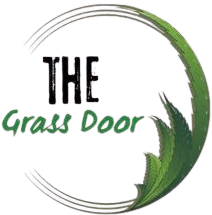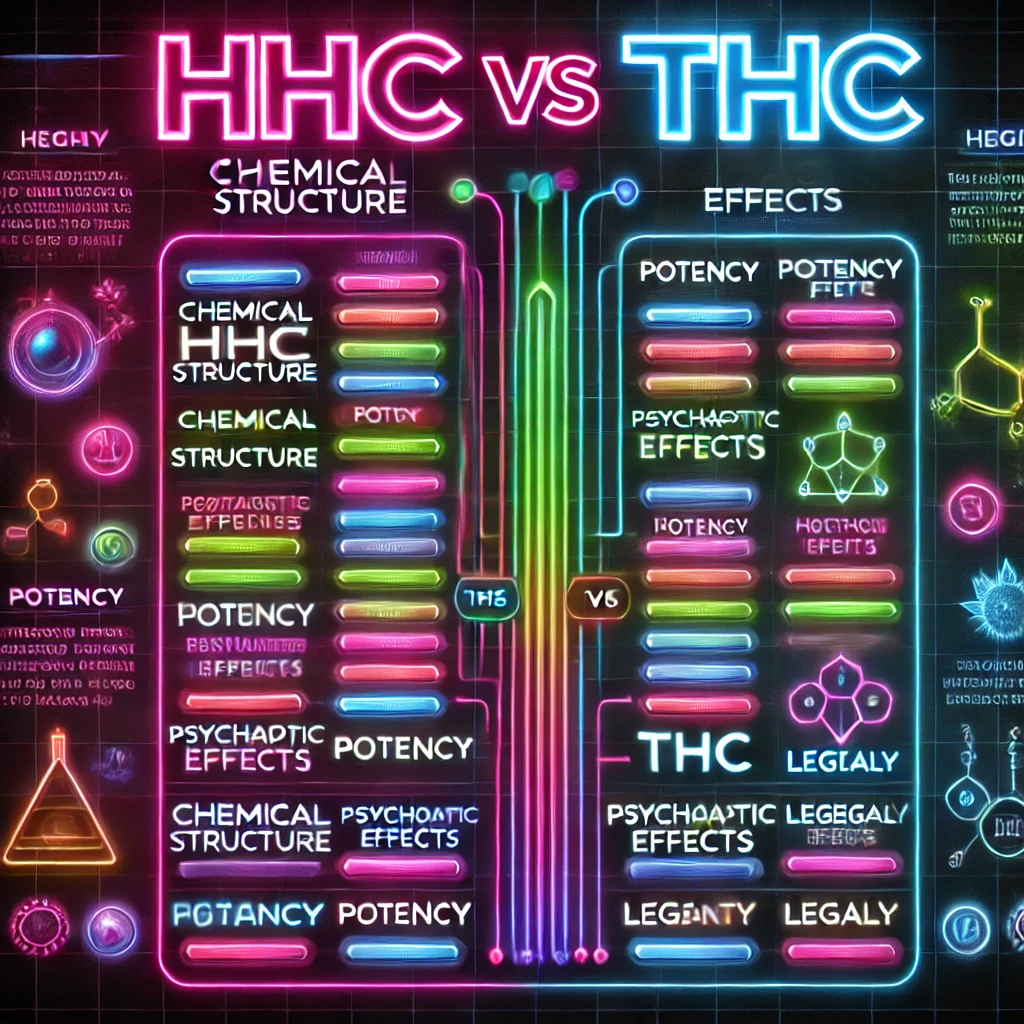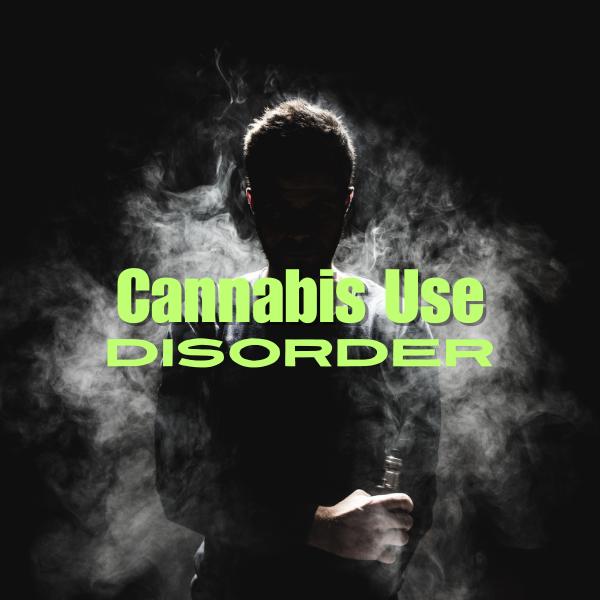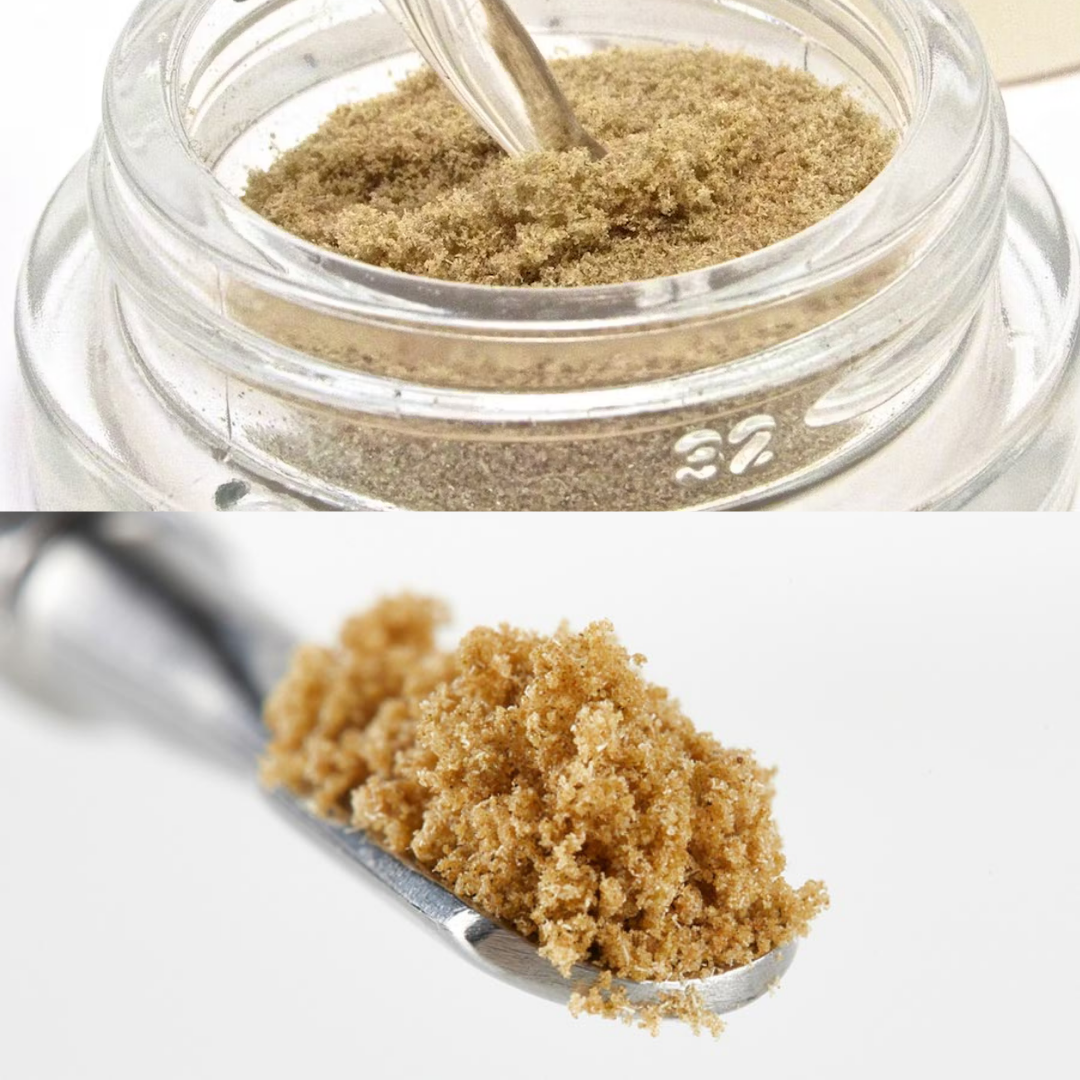Hexahydrocannabinol (HHC) and tetrahydrocannabinol (THC) are both cannabinoids found inside weed items. HHC is one of the freshest cannabinoids available, and further investigation into the compound is expected to determine the authenticity of its advantages.
Nonetheless, some recounted proof recommends that the primary distinction between HHC and THC is HHC’s general soundness. As such, it has a more extended timeframe of realistic usability than THC.
Table of Contents
What is HHC?
Hexahydrocannabinol (HHC) is a normally occurring phytocannabinoid found in the weed plant and is viewed as a minor cannabinoid. HHC is a hydrogenated subsidiary of delta-8 and delta-9 tetrahydrocannabinol (THC).
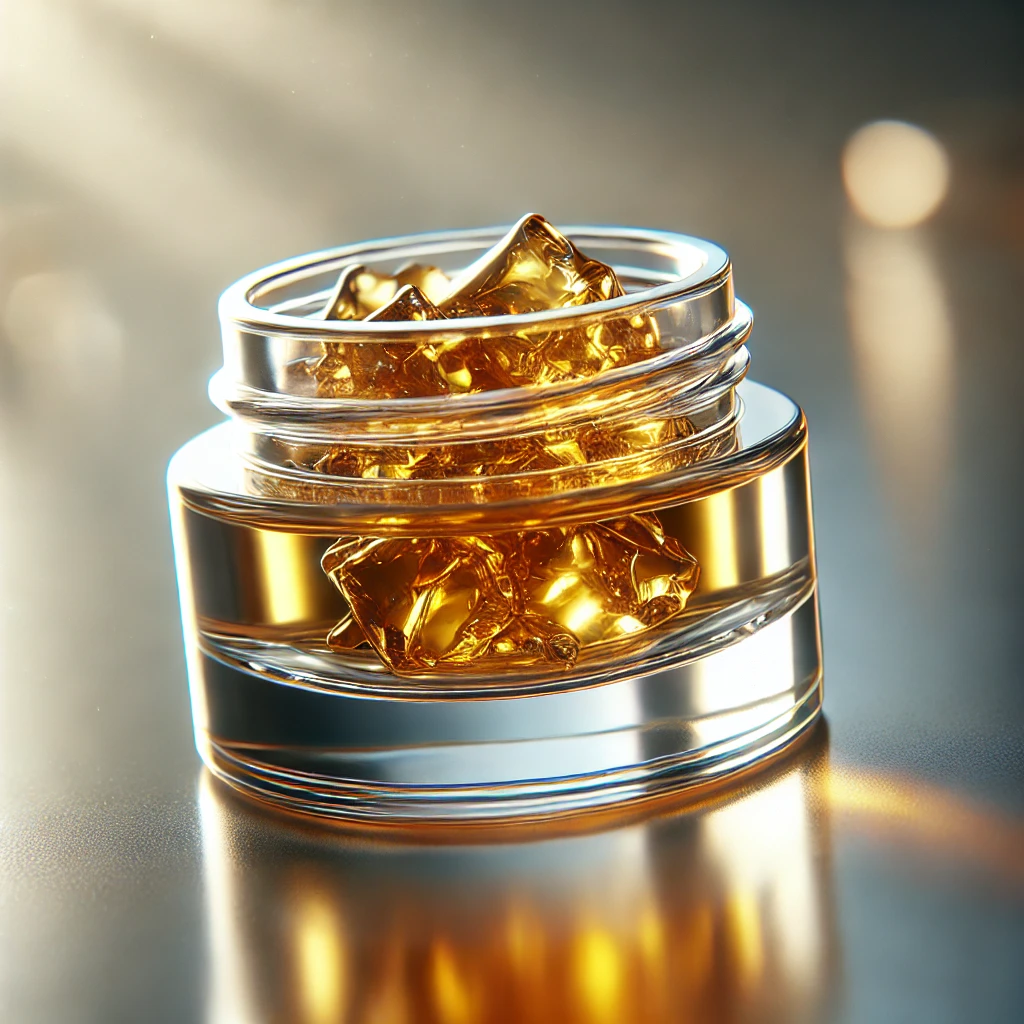
Even though HHC is normally found in Weed sativa in modest quantities, it tends to be created artificially by hydrogenation (adding sub-atomic hydrogen to a twofold obligation) of pot removal. The hydrogenation cycle was first used to switch THC over completely to HHC in 1944 when a very reknowned scientist added hydrogen iotas to the compound delta-9 THC.
HHC can likewise be produced using cannabidiol (CBD).
Even though there isn’t much examination or information on HHC, individuals have revealed that it has euphoric impacts like THC, making it a psychoactive cannabinoid. Because of its comparability to THC, HHC might be calming, hostile to emetic (against queasiness and regurgitating), and hunger-invigorating properties, making it possibly exceptionally valuable for overseeing ongoing agony, a sleeping disorder, and the results of chemotherapy.
The Chemical Equation of HHC
HHC is a cannabinoid in pot that, as cannabinol (CBN), is a corruption side-effect of THC. HHC can likewise be delivered by hydrogenation of marijuana remover, implying that two hydrogen iotas (H2) are added to THC. The atomic recipe for HHC is C21H32O2, though THC’s is C21H30O2.
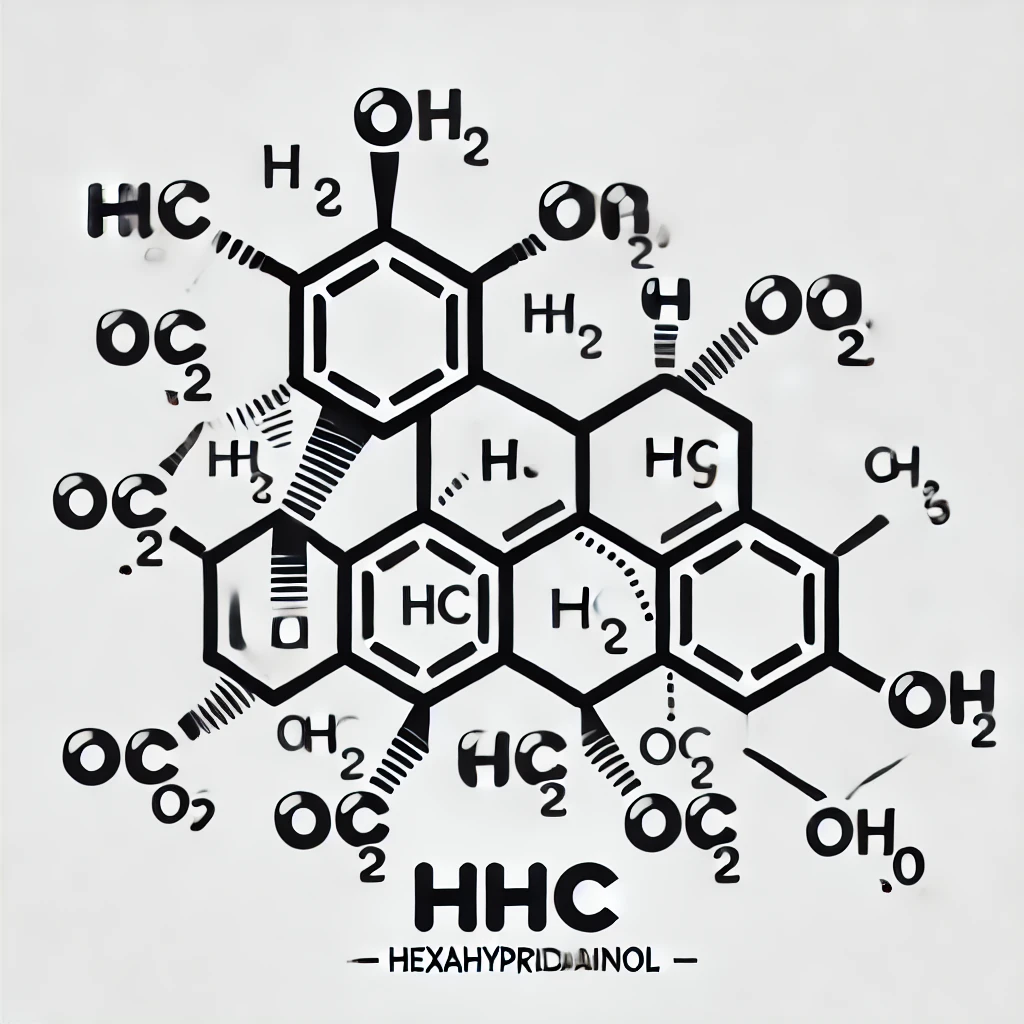
Dissimilar to delta-8 and delta-9 THC, HHC has no twofold bonds in the cyclohexyl ring. HHC is additionally fundamentally like the original weed constituent cannabidiol.
Hexahydrocannabinol ought not be mistaken for the connected mixtures 9-Nor-9β-hydroxy-hexahydro cannabinol (9-Nor-9Beta-HHC), 9-Hydroxyhexahydrocannabinol (9-Goodness HHC), or 11-Hydroxyhexahydrocannabinol (11-Gracious HHC and 7-Goodness HHC).
How does HHC work?
HHC is tied to cannabinoid receptor 1 (CB1) yet with a more fragile liking than THC. Accordingly, it produces inebriating and psychoactive outcomes, yet substantially less than THC.
That is because adding hydrogen atoms to delta-9 THC diminishes the capacity of HHC to tie to CB1 and CB2 receptors inside the body’s endocannabinoid framework, as well as unambiguous agony receptors in the body.
This hydrogenated structure likewise expands the compound’s dependability, which implies an improved realistic usability timeframe and a longer period of intensity. HHC is likewise more safe than other cannabinoids to be stored inappropriately or exposed to UV light or intensity.
Two enantiomers (sets of mixtures with exactly a similar network yet inverse three-layered states) of HHC: 9α-HHC and 9β-HHC. The 9β-HHC enantiomer is significantly more dynamic and could tie to CB1 receptors more promptly than 9α-HHC.
One more related cannabinoid, HHC acetic acid derivation (HHC-O), depends on being 1.5 times stronger than HHC.
What are the Potential Benefits of HHC?
As HHC is primarily like THC, it could have mitigating, antioxidative, and emetic impacts. Nonetheless, the principal advantage of HHC lies in its security as a compound because of its expanded timeframe of realistic usability and stable power. It is likewise remembered to give comparative advantages to THC, including:
- Chronic pain management, including neuropathic torment
- Diminishing side effects of anxiety, depression and insomnia
- Lessening aggravation
- Expanding rest quality
- Diminishing retching or sensations of sickness
- Fits with conditions like different sclerosis (MS)
- Malignant growth and the results of chemotherapy
What are the Risks & Drawbacks of HHC?
As HHC is an inebriating compound, it can have a few unfavourable impacts like THC. This incorporates tipsiness, dry mouth, red eyes, cognitive decline, nervousness, expanded pulse, coordination issues, and slower response times.
In any case, as HHC is less powerful than THC, these aftereffects may not be as conspicuous. Other normal secondary effects might include:
- Queasiness
- Dry mouth
- Red Eyes
- Expanded pulse (tachycardia)
- Expansion in craving
- Nervousness
- Neurosis
Artificially delivered HHC, notwithstanding, may have more serious side effects. Modern cycles frequently use cruel synthetic compounds that can track their direction into the eventual outcome.
Artificially delivered HHC items are likewise liable to contain higher centralizations of HHC compared with normal weed, so higher portions might create more serious unfavourable side effects.
Eventually, more examinations are expected to decide the security and viability of HHC.
What is THC?
THC, or delta-9-tetrahydrocannabinol, is a cannabinoid particle in pot. It is a pot’s super psychoactive compound and causes the high that individuals experience while partaking in weed. As delta-9 THC is from the plant, it is frequently called a phytocannabinoid.
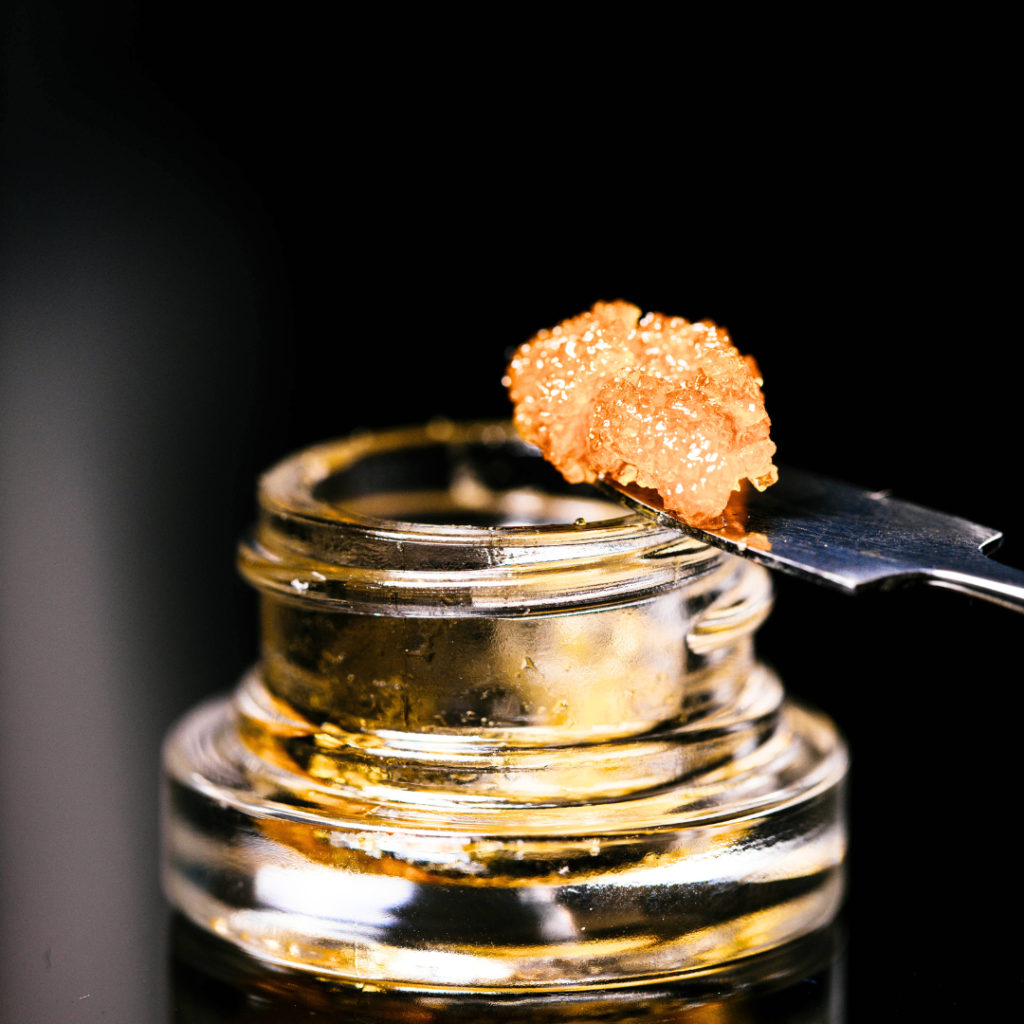
How does THC work?
THC ties to the body’s cannabinoid receptors (CB1 and CB2) inside the sensory system and cerebrum. It stays in the body for quite a while, yet the psychoactive impacts wear off following a couple of hours.
What are the uses of THC?
THC is often used for sporting purposes, yet it likewise has a few vital purposes. For millennia, cannabis has been used to treat and ease the side effects of sickness. It is frequently breathed in, ingested orally, applied as a skin treatment, or regulated sublingually.
THC animates the arrival of dopamine from the mind, which causes sensations of happiness. Its usage can cause wonderful impacts, and clients might have insight:
- Unwinding
- Expanded tangible discernment
- An adjusted impression of time
- Expanded craving
What are the Potential Benefits of THC?
There are numerous possible remedial advantages of THC use, incorporating supporting the easing of afflictions, for example:
- Depression and anxiety
- Insomnia
- Inflammation
- Inflammatory Bowel Disease (IBD) and Inflammatory Bowel Syndrome (IBS)
- Multiple Sclerosis (MS)
- Nausea
- Migraine
- Pain
- Post-Traumatic Stress Disorder (PTSD)
- Seizures
The FDA has even endorsed a manufactured THC medicine called dronabinol to treat sickness and heaving brought about by chemotherapy, weight reduction, and diminished hunger brought about by HIV/AIDS.
What are the Risks & Drawbacks of THC?
While THC use can give the client a lovely encounter, there are likewise potential unfavourable impacts related to its usage. A few adverse consequences include:
- Uneasiness
- Distrustfulness
- Hacking fits
- Chest and lung inconvenience
- Swooning
- Cold sweats
- Fantasies
THC use has additionally been related to expanded learning hindrance and diminished memory development, especially among teenagers. At long last, cannabis is unlawful under government regulation. To use this cannabinoid, you want to live in an area that has sanctioned its sporting or clinical use.
